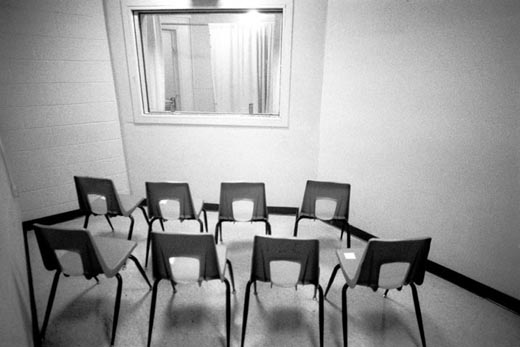The prosecutor who successfully sought a death sentence for Daniel Cook in Arizona way back in 1988 now says he “would not have sought the death penalty in this case” if he had known about Cook’s history of severe child abuse and serious mental disorders.
Those factors were not known to the prosecutor, or anyone else, until 2010 (22 years after the trial), primarily because Cook’s appointed lawyer, according to the prosecutor, was “at the low end of the competency scale for the handling of the defense of a standard felony” and “appeared neither capable nor willing to put forth the effort necessary to represent a defendant charged with a capital offense.” The lawyer in question was bi-polar and drinking heavily at the time of the trial.
Cook was to have been executed yesterday (April 5) but the U.S. Supreme Court issued a stay to give themselves more time to decide whether or not to take up Cook’s claim of ineffective counsel. If the high Court does not take the case, the stay would be lifted and new death date could be set.
Last October, Jeffrey Landrigan was executed in Arizona amid a lot of hoopla about the origins and efficacy of Arizona’s batch execution drugs (which it was later learned came from a supplier operating out of a driving school in the U.K.) But in that case, as here, the controversy over the drugs used to kill overshadowed the fact that someone closely involved in issuing the death sentence (in Landrigan’s case the trial judge) vehemently opposed the execution. The trial judge in that case told Arizona’s Board of Executive Clemency that Landrigan’s death sentence “is not appropriate and never has been.”
Then, as now, incompetent defense lawyering kept important information about Landrigan’s severe mental impairment from being presented to the court. The U.S. Supreme Court in that case ruled that this new information would not have made a difference, but the judge’s statements proved conclusively that they were wrong.
Hopefully this time the U.S. Supreme Court will make the right decision.


